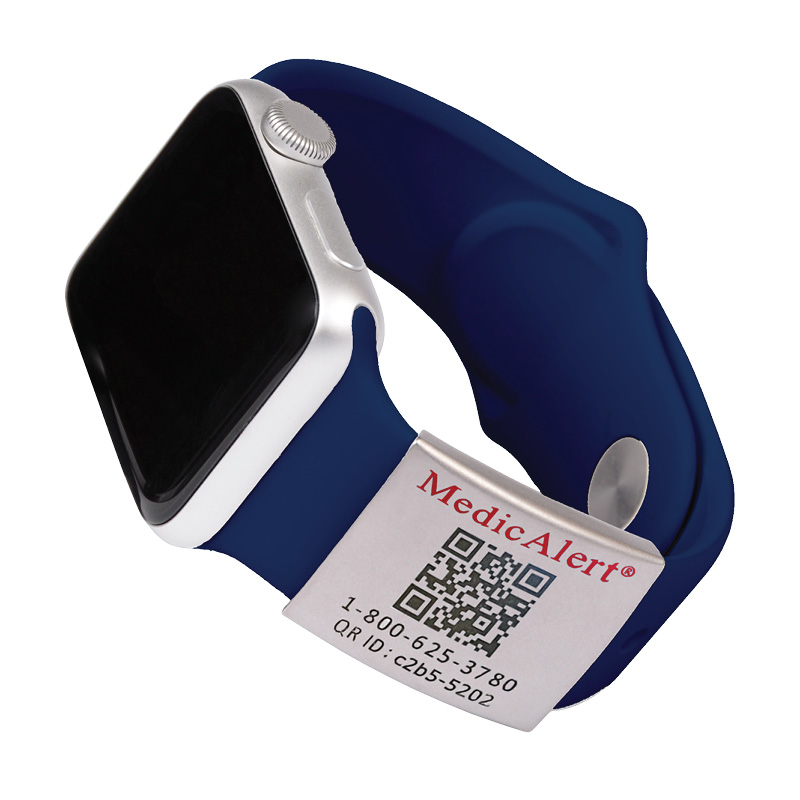“Taking care of kids is like a walk in the park. Jurassic Park.” – Unknown
Any parent, stepparent, or caregiver will tell you: providing care to children comes with seemingly endless worries, concerns, and challenges. It can be emotionally, physically, and financially draining. Providing care to a child with special needs, a disability or a medical condition is all of those things. Extra vigilance, expensive equipment, and increased physical demands may all be necessary to care for a child with medical or other special needs. And, just like parenting in the best of circumstances, it is a labor of love without financial compensation. Or is it?
If you provide care to a child or children whose needs are above and beyond the norm, it’s important to know that you are not alone and that there are resources available to aid caregivers who feel like they are drowning in bills, tasks, and stress. You may even be eligible to receive some level of monetary compensation.
MedicAlert Foundation’s mission is to “protect and save lives.” However, we are also dedicated to improving quality of life. This is true for caregivers and care recipients of all ages who are managing chronic health conditions. MedicAlert’s protection plans can be one tool in the caregiving kit for children with special/medical needs. We’ll guide you toward further resources to determine if you could receive compensation for the time you provide as caregiver.




